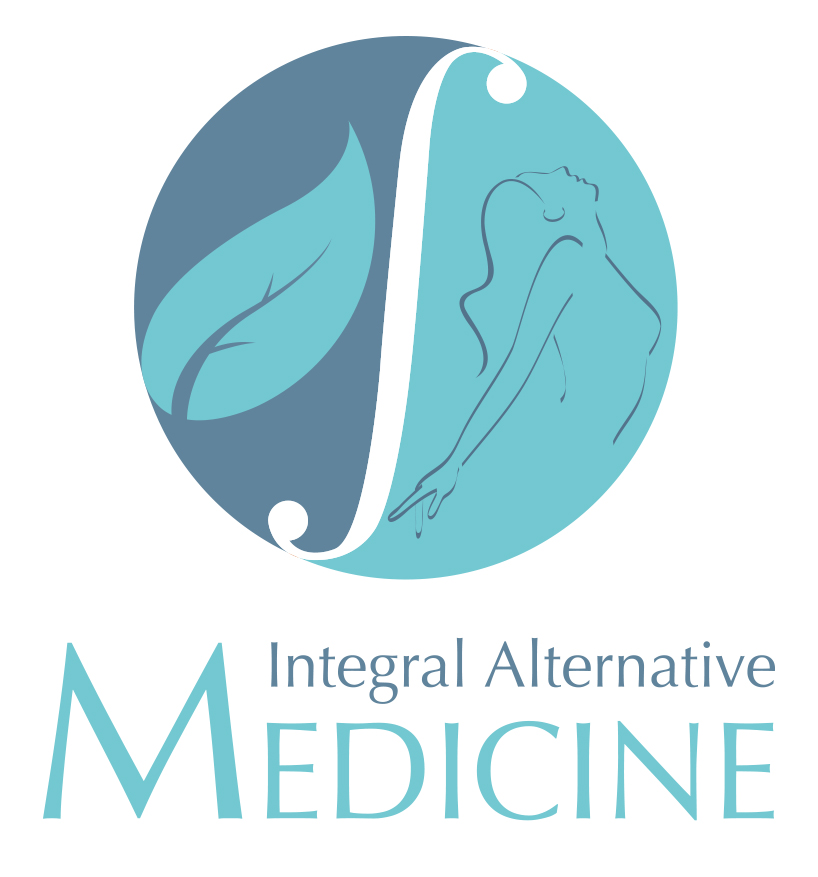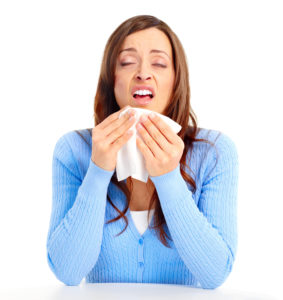-
 Integral Alternative Medicine LLC730 S Dearborn St
Integral Alternative Medicine LLC730 S Dearborn St
Chicago, IL 60605(312) 631-3095 -
 EVANSTON AREA1609 Sherman Ave, Ste 205, Evanston, IL 60201(312) 631-3095
EVANSTON AREA1609 Sherman Ave, Ste 205, Evanston, IL 60201(312) 631-3095 -
Latest Articles:
- • Strategies to Stay Calm and Joyful During the Season •
- • How to Stay Mentally Resilient in the Colder Months •
- • Three Delicious and Healthy Soup Recipes to Keep Warm This Winter •
Lifestyle
Pain management with acupuncture
As a doctor, one of my big concerns is the increased use of pain medication, in particular, those opioid derivatives that are causing an epidemic problem of overuse in the United States of America, as mentioned in several publications and now more widely covered in the news.
Acupuncture is a well-known technique used to treat pain in the US for some decades now and in China for thousands of years. Pain management is the most studied indication linked to acupuncture in the Western world. If you are in pain, I would like to recommend that you opt for a more natural, non-pharmacological approach to avoid risks of pain medication side effects such as constipation and those mentioned in the Harvard Health Publications report on pain relief with natural methods.
The practice of acupuncture requires board certification and is a licensed profession in most states in the US. The training involves the basis of Chinese medical practice and diagnosis which takes around four years in graduate school involving over 600 hours of clinical practice.
I suggest finding a certified acupuncturist in your area who will guide you in this individualized approach that looks for the root of the problem rather than just minimizing the symptoms.
One frequently observed, “side effect” of acupuncture is a feeling of relaxation and well-being, so why not to give it a try?
A good resource to find a certified practitioner is the NCCAOM website. If you live in the Chicago area, we would be glad to make an evaluation on your particular case. Schedule an appointment with us!
Disclaimer: This article contains general information about health topics but does not constitute medical advice. If you have any questions related to your condition, you should contact your doctor or healthcare provider. If you think you may be suffering from any medical condition, you should seek immediate medical attention.
Allergies and Alternative Medicine
 Allergies are common in the spring season, so I would like to share our perspective on this topic.
Allergies are common in the spring season, so I would like to share our perspective on this topic.
What is it?
An allergy is described by the Merriam-Webster dictionary as “1: altered bodily reactivity (such as hypersensitivity) to an antigen in response to a first exposure; 2: exaggerated or pathological immunological reaction (as by sneezing, difficulty breathing, itching, or skin rashes) to substances, situations, or physical states that are without comparable effect on the average individual.”
In terms of Traditional Chinese Medicine (TCM), sneezing, itching, or skin rashes are considered pathological effects of “wind,” and the causes may be multiple. In general, it represents a weakness in the “protective qi” or protective shield of the body.
What can TCM do for allergies?
There are several approaches available to the TCM practitioner, such as acupuncture, herbal remedies, and dietary and lifestyle recommendations.
Using a combination of the above-mentioned methods helps the body to rebuild the protective shield.
TCM is not meant for emergency situations, however.
It may take a few months for you to notice changes to your reactivity to seme allergens, so we recommend not stopping the medication your doctor has prescribed to manage allergic symptoms.
If you would like to learn more about allergies from a TCM perspective, you may find You may find this article useful.
Disclaimer: This article contains general information about health topics but does not constitute medical advice. If you have any questions related to your condition, you should contact your doctor or healthcare provider. If you think you may be suffering from any medical condition, you should seek immediate medical attention.
Healthy cooking and meal preparation – Easy recipes for busy people
One of my main priorities is to ensure that I am properly nourished, which is a challenge when you have a busy schedule. I tend to share with patients and friends my recipes, so I decided to publish them here, along to my some sources of information.
Some of my very last additions has been to prepare raw food, so I learned how to prepare meals using plant based ingredients (mostly).
Example of my favorite breakfast meals:
Chia seeds pudding
Creamy Oatmeal
Whole grain toast with avocado
Quinoa and coconut pudding
Lunch ideas:
Taco beans
“Molletes” with pico de gallo
Lentil soup
Chili stew
Mushrooms quesadilla
Vegetable wrap
Falafel burgers
Salad with lots of greens, quinoa and avocado.
Some of those recipes will be posted under “Favorite recipes” soon. Bear with me.
Disclaimer: This website and posts contain the author’s personal opinion and experience. It does not constitute or substitute medical advice.
Stress management – Alternative medicine
Overworking and staying super busy is important in our times. It seems that if you look relaxed it is because you are lazy or not doing your job. What is happening is that we are immersed in a culture of overachieving at a very high cost to our health, our family and our social life. I do not have the answer to how to handle that, but I do have some recommendations of alternative methods I make to my patients to help manage stress, other to have acupuncture sessions on a regular basis.
Meditation
There are many different types of meditation techniques such as guided meditation, mantra meditation and mindfulness meditation. You can do guided meditation by forming mental images in your mind of places that you find relaxing and using as many of the five senses as possible to experience those places. Another type of meditation is the Mantra meditation, where you silently repeat a word in your mind to help you to avoid distracting thoughts and stay focused. Find more at How meditation can help with stress.
Finally, there is mindfulness meditation which is a way of increasing your acceptance and awareness of living in the present moment not being distracted by the future or the past and you do this by expanding your conscious awareness, which is done by focusing on the flow of your breath, as the Mayo Clinic website explains.
Yoga
Yoga is a way of doing a series of different postures and stretches to help promote a flexible body and a calm mind. The poses used in yoga need to be done with concentration and balance and meditation is a key part to yoga because meditation helps center your body to help perform the yoga stretches that will most benefit you in the long run. Yoga is also a low-impact form of exercise, to there would be no added tension or stress to the body’s joints or muscles, when done under proper supervision to ensure proper postures to avoid harm to your body. Yoga and meditation go hand in hand, with each other because meditation is incorporated to the yoga and is the essential part of yoga.
Tai chi
This is a form of gentle Chinese martial arts. In tai chi (TIE-CHEE), you perform a self-paced series of postures or movements in a slow, graceful manner while practicing deep breathing Find more of the Tai chi story.
Other ways of taking care of yourself when your busy is finding time to to play sports and eat healthy. In order to do so you should be able to manage your time in balancing your work life and your personal life to take care of yourself.
Disclaimer: This website and posts do not constitute or substitute medical advice.
Dealing with Menopause with Alternative Methods.
Most women suffer menopause symptoms at the end of their reproductive lifespan between the ages of 40 and 55. Those hormonal changes cause imbalances in the hormonal interplay between the pituitary gland, the hypothalamus, and the ovaries.
The menopausal symptoms include missed or irregular periods, hot flashes, night sweats, palpitations, moodiness and depression, headaches, memory loss, insomnia, loss of libido, vaginal dryness and dry skin, among others.
Eastern Medicine has several ways to address those menopausal imbalances, depending on the patient preference and particular situation.
According to our experience most patients refer immediate reduction of hot flashes, stabilize their mood and improve their sleep after few acupuncture sessions, although we usually recommend a series of 8 weekly sessions and at least one monthly session thereafter. In some cases we also recommend a customized herbal formula to complement the treatment. Results vary from person to person and can not be warranted.
Acupuncture has shown to be effective in reducing menopausal symptoms, lasting for up to 3 months as described on an article of The Journal of the American Menopause Society, where they studied the effect of acupuncture on hot flashes and sweating episodes after menopause, indicating that “Acupuncture significantly affects hot flashes and sweating episodes after menopause, with effects persisting at least 3 months after the end of treatment.” Read the abstract
For more information, call our office for an in-person or TeleHealth appointment here or call our office.
Disclaimer: This article contains general information about health topics and it is for educational purposes only. It does not constitute medical advice. If you have any questions related to your condition you should contact your doctor or healthcare provider. If you think you may be suffering from any medical condition, you should seek immediate medical attention.


